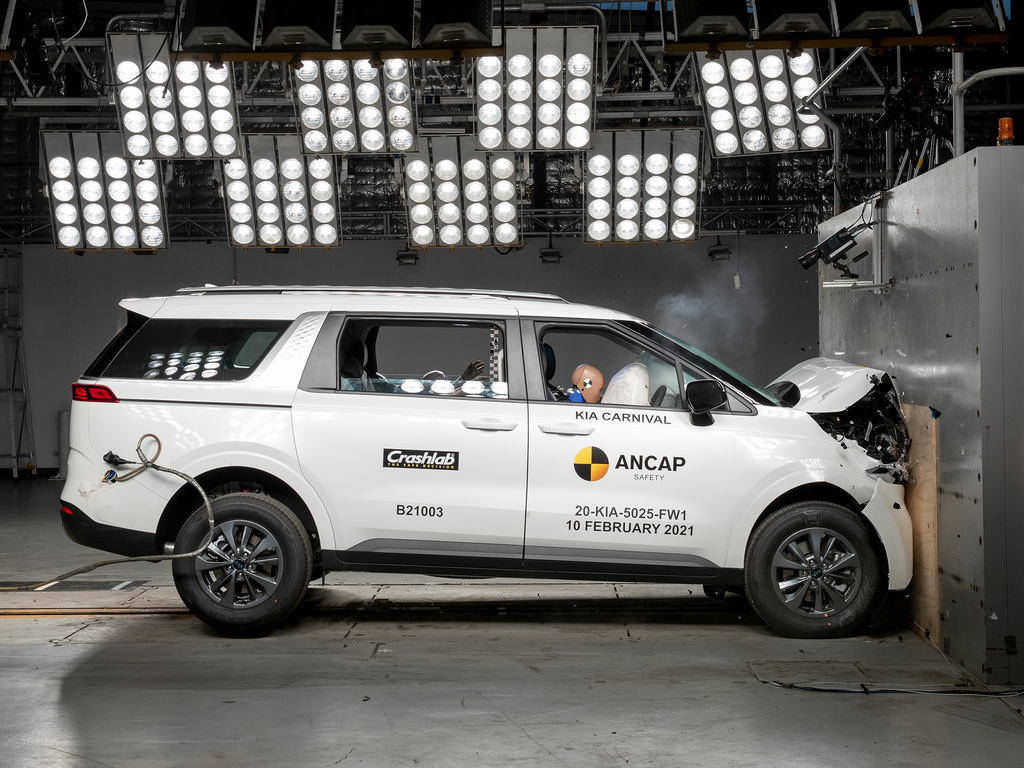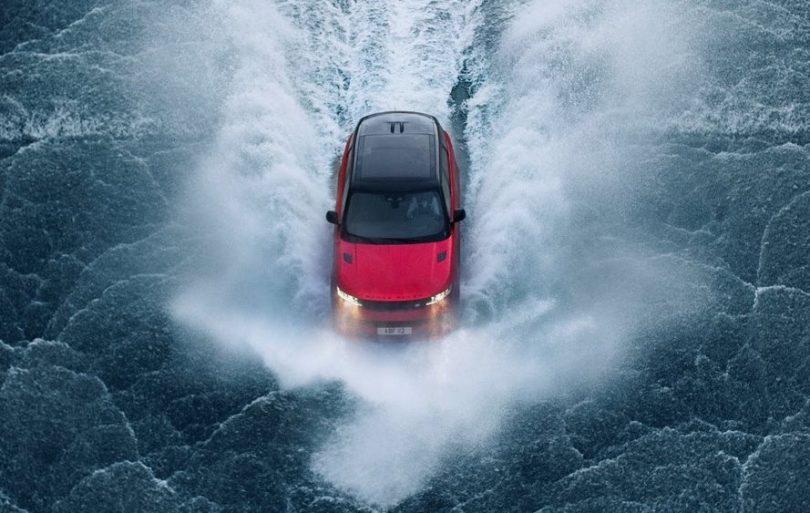Australia’s independent crash testing authority, ANCAP (Australasian New Car Assessment Program), will soon introduce a new test criterion. From January 2023, ANCAP will introduce vehicle submergence testing. ANCAP will introduce the new criteria as an extension of its existing rescue protocols. These protocols assess a vehicle’s accessibility post-crash.
ANCAP’s New Vehicle Submergence Test – Details
Carmakers will be required to provide evidence that the doors can be opened without battery power after the car is underwater for 10 minutes. Furthermore, carmakers will also have to show that the electric windows of the car can still function so that occupants can safely exit the vehicle.
If a carmaker fails to show that the side windows work underwater, the brand will have to provide a method to allow the occupant to open or break the window. Carmakers will also have to provide this information in the owner’s manual. ANCAP will award points to carmakers within the Adult Occupation Protection for vehicles that feature these submergence countermeasures.
Other Additions To ANCAP
In addition to the submergence tests, ANCAP will also be introducing a new aspect for assessing child presence detection systems. These systems will have to monitor the doors and rear seats of the vehicle. It will then notify the driver or emergency services in case a child is left behind in a locked car. ANCAP says these alerts can include audible alerts such as warnings through the car speakers or honking. Other ways could consist of sending an alert to the driver’s phone via an app. Another way of alerting would be to place an eCall to emergency services.
ANCAP has tested the effectiveness of Autonomous Emergency Braking (AEB) and Lane-Support Systems (LLS) since 2018. These tests were in relation to other cars, cyclists and pedestrians. From 2023, ANCAP will also expand its testing to see how these systems react to motorcycles. ANCAP says motorcycles can be more difficult to detect than cars or trucks. Thus, the tests will encourage carmakers to improve their systems to avoid this.
Also Read: Global NCAP updates crash test norms



